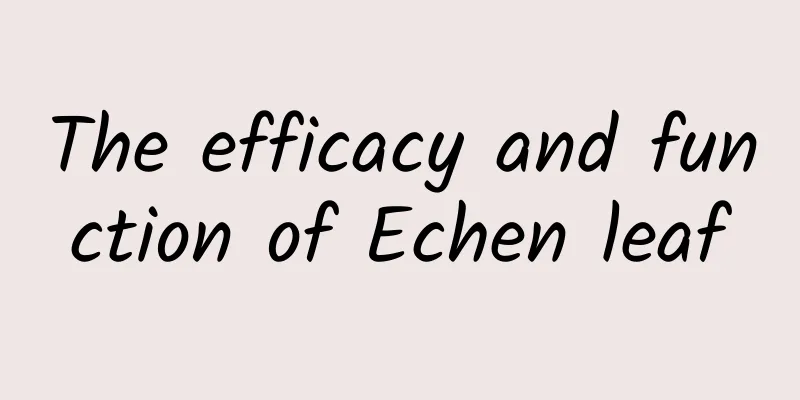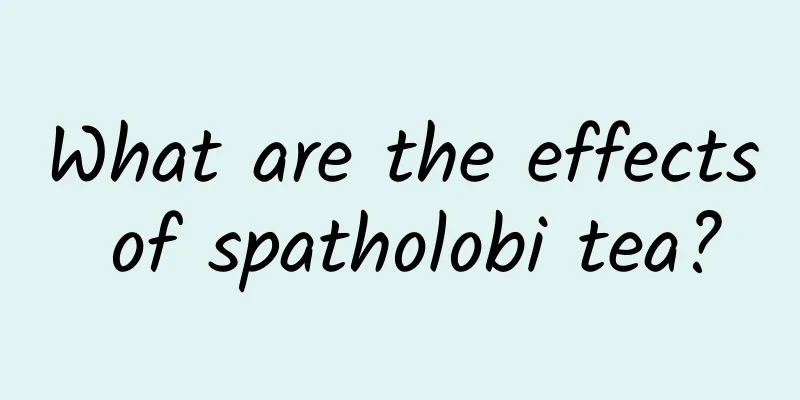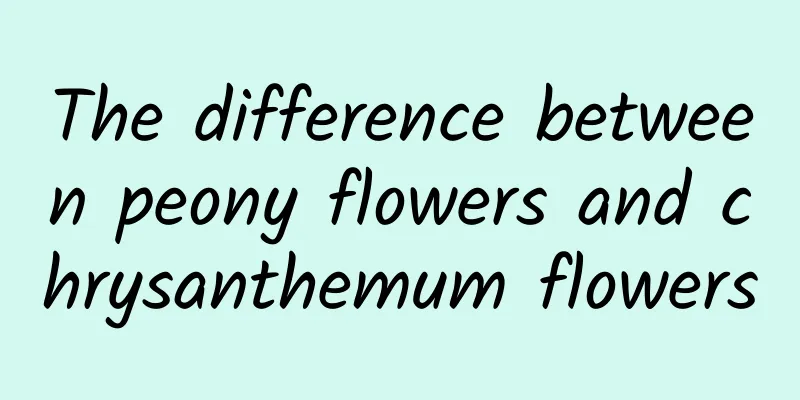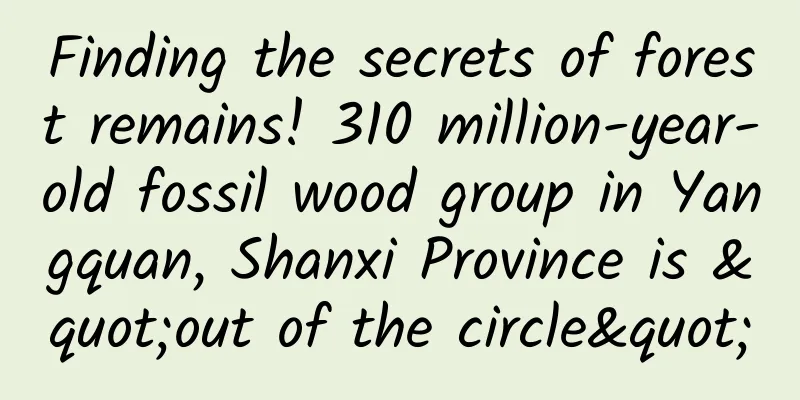The efficacy and function of Echen leaf

|
For Chinese medicinal materials such as Echenia cinerea leaves, we should first understand its medicinal value and precautions before consuming it. The following is an introduction about the leaves of the Chinese ginseng. I hope you can read it carefully, which will be of great help for your consumption. 【English name】 Anthriscus syluestris (L.) Hoffm. [Source] Medicinal material source: The leaves of the Umbelliferae plant. [Original form] Biennial or perennial herb, up to 1.5m tall. The taproot is thick. The stem is stout, much branched, nearly glabrous or with fine pubescence at the bottom. Basal leaves have long petioles, 5-20cm long, with broad sheaths at the base; leaf blade whorls are ovate in outline, pinnate-divided, 10-30cm long, first pinnae have long petioles, ovate to broadly ovate, with 3-4 pairs of second pinnae, second pinnae have short petioles, ovate-lanceolate in outline, pinnatifid or deeply lobed, the final lobe is ovate or elliptic-ovate, with coarse serrations, pinnatifid or deeply lobed, the final lobe is ovate or elliptic-ovate, with coarse serrations, 1-3cm long, 0.5-1.5cm wide, sparsely pubescent on the back; leaves on the upper stem are 2.5-8cm, with 4-15 rays; involucral bracts are 5-8, ovate to lanceolate, with sharp tips and reflexed; flowers are white, usually greenish or yellowish; style is twice as long as stylopodium. The fruit is oblong to linear-oblong, 5-10mm long, 1-1.5mm wide, smooth or sparsely covered with small tubercles, the apex gradually narrows into a beak-like shape, the commissure is obviously contracted, and there are often five rings of small white bristles on the top of the stalk. The cross-section of the bicarp is nearly circular, the oil tubes are not obvious, and the endosperm has deep grooves. Flowering and fruiting period is April-May. [Chemical composition] The volatile component of the leaves is mainly sabinene. The volatile oil of the leaves contains more than ten compounds, including phenol, cresol (o-, m-, p-cresol), guaiacol, etc. Deoxypodophyllotoxin, stigmasterol, β-sitosterol, n-paraffins, and n-alcohol were also extracted from the leaves. 【Nature and flavor】 Sweet; spicy; neutral 【Functions and indications】Hemostasis and swelling reduction. Primary trauma bleeding; swelling and pain 【Usage and Dosage】 For external use: appropriate amount, crush the fresh product and apply it; sprinkle or mix the dry product with powder and apply it. 【Excerpt】 Chinese Materia Medica Above we introduced what Ecan leaf is. We know that Ecan leaf is actually a Chinese medicinal material that can bring us health benefits and has almost no major side effects, so you might as well try it in your spare time. |
<<: The efficacy and function of conger eel maw
>>: The efficacy and function of E-ginseng
Recommend
What are the medicinal values of white arrowhead?
When many people hear the term "white arrowh...
Can I eat hawthorn after taking Chinese medicine?
Hawthorn is usually made into hawthorn slices, ha...
Black fungus powder
With the rapid increase in national income, peopl...
How does Chinese patent medicine replenish kidney yang?
The pace of life is constantly accelerating, and ...
You think it's normal, but it may actually be 4 signs of severe sleep deprivation
Is this you? At 10pm, I was still struggling to m...
What are the side effects of honeysuckle vine?
We often drink honeysuckle tea in our daily life....
The efficacy and function of dog date kiwi fruit
I don’t know if you are familiar with Actinidia c...
God opened a window for you, but you installed iron bars!
Source: Jiangxi Fire Department Ministry of Emerg...
The efficacy and function of bamboo leaf wormwood
Chinese medicine has different effects on our bod...
The efficacy and function of Jiubiying
As the pressure of modern life increases, more an...
The "Bio Purge" has begun. Can you escape the extinction apocalypse?
Mixed Knowledge Specially designed to cure confus...
Besides coffee, what else can drones deliver?
Recently, a piece of news has attracted attention...
The role and efficacy of wolfberry
I believe that people have a certain understandin...
The efficacy and function of conger eel
Conger eel has a long history, and until now, the...









